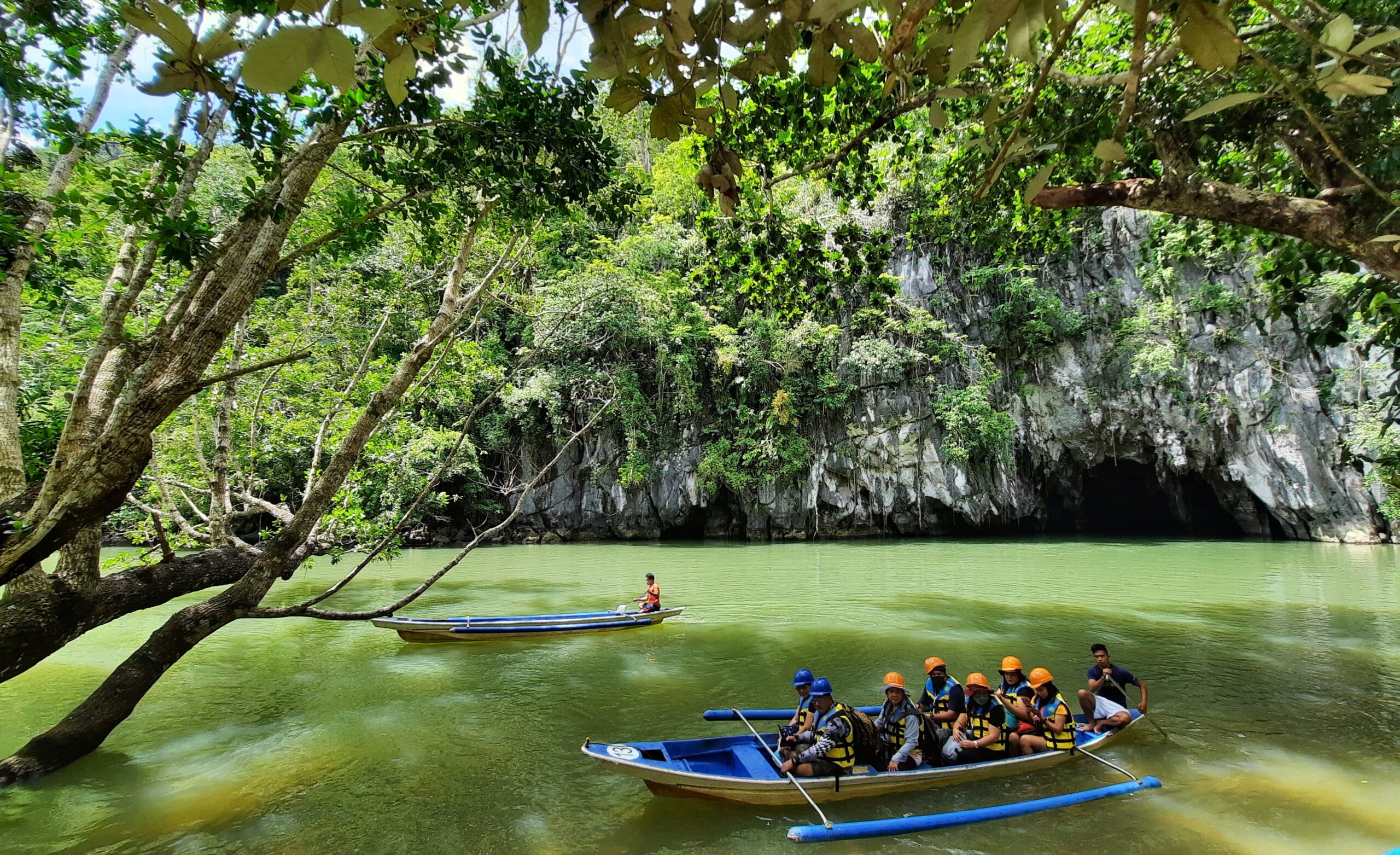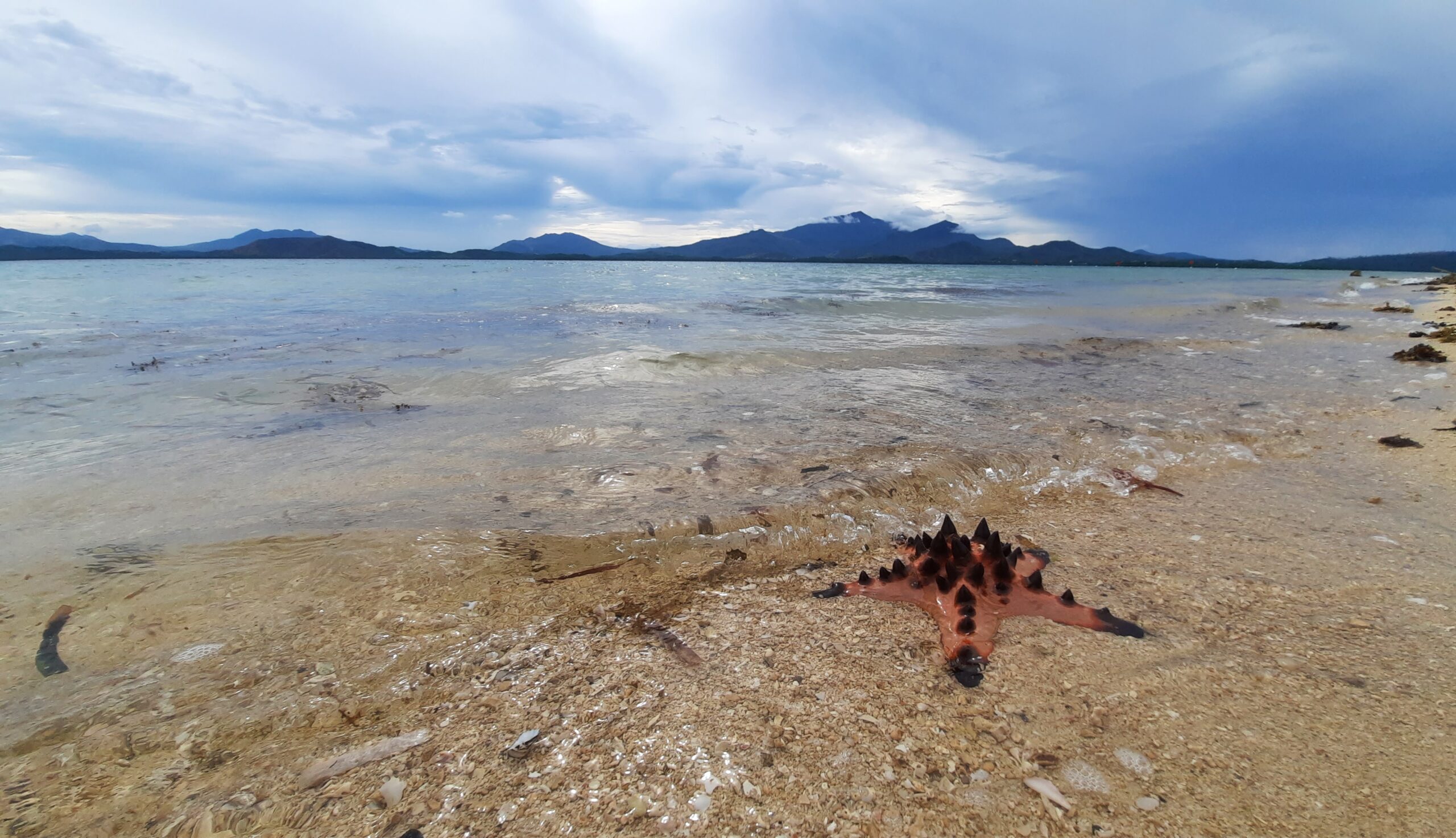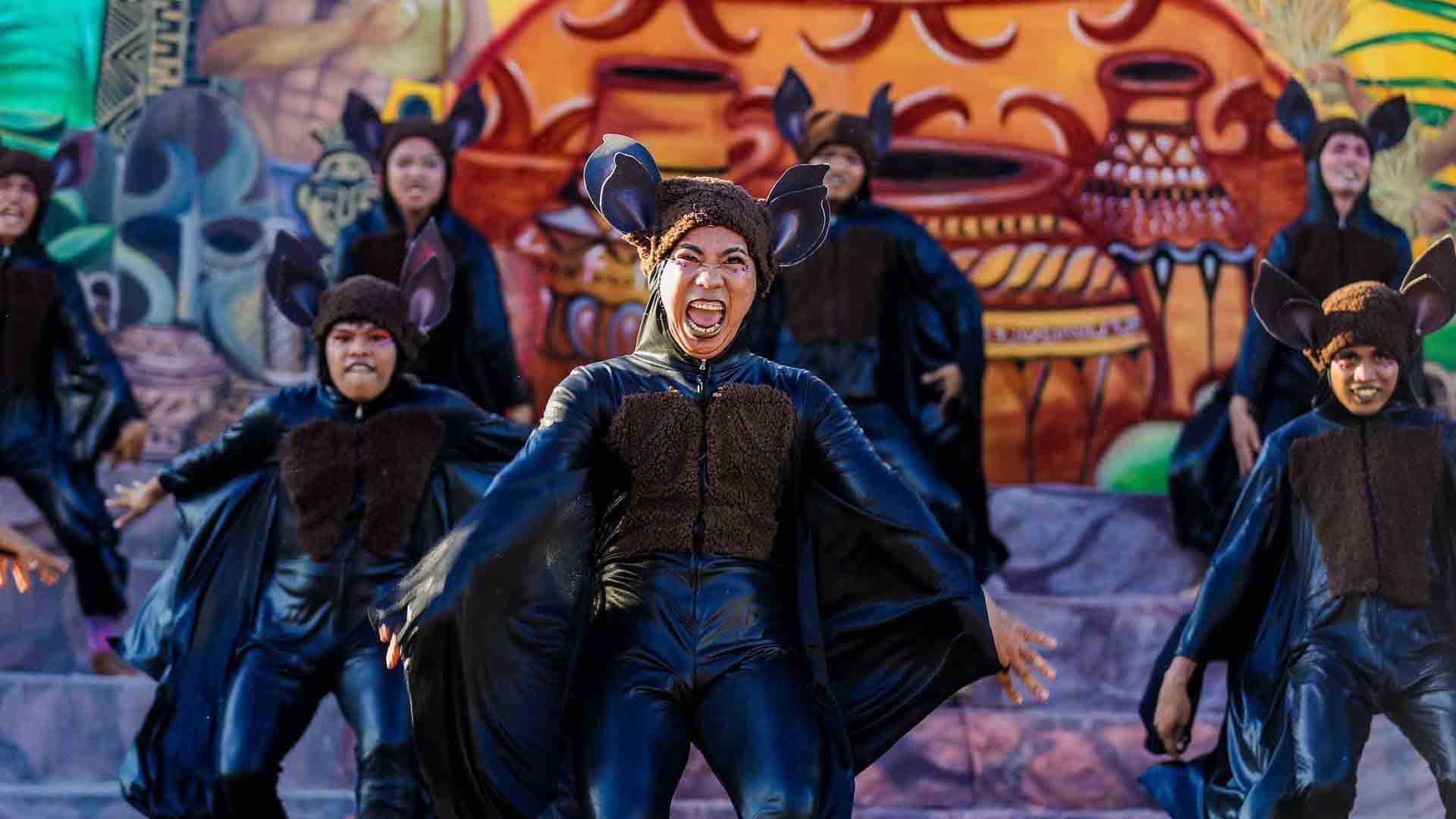Palawan, over the past two years, was struck not only by one but two crises — the devastating pandemic that halted its tourism activities and the catastrophic Typhoon Odette that battered its towns last December.
For the most of 2020 and 2021, it either only accepted tourists under a travel bubble set-up or limit them to local visitors. By the end of 2021, “Odette,” the strongest to hit the country last year, battered the province.
“We tried to open tourism last year in 2021 with San Vicente and then Covid happened again, the whole Holy Week during the Delta surge, then Odette. If you were here in December you will see the effect of Odette on San Vicente, El Nido, and most of the northern part,” Palawan Tourism Council President Rey Felix Rafols told the Philippine News Agency (PNA) in an interview.

“Sobrang devastated tapos ‘yong bridge namin nasira. Roxas was the worst hit, a lot of the boats were devastated (They were so devastated and even a bridge was damaged. Roxas was hit the worst, a lot of boats were devastated). Siargao was hit, Bohol was hit, Cebu was hit pero hindi masyadong nakita na na-hit din dito,” he shared.
At Honda Bay in Puerto Princesa City, the typhoon downed almost all community-operated boats used for island-hopping.
This was also the case for the famed Puerto Princesa Subterranean River National Park. The park’s 86 boats that ferry tourists in and out of the UNESCO World Heritage Site at that time were reduced to three.
But as the Japanese line says, fall seven times, stand up eight. Months since this typhoon pummeled through the province, the park is now recovering — their boats are already at 55 and visitors are returning.
With borders fully reopened to both domestic and foreign tourists, Palawan is indeed well on its way to reclaiming its title as one of the country’s top tourist destinations.
For Rafols, Palawan’s enduring charm would always bring the tourists back.
“In general, the nice thing about Palawan is it’s so pretty, it’s one of the best islands and we have so much to offer so people will always come in,” he said. “We’re very hopeful about this. Just look at Baragatan, it’s intense.”
Baragatan 2022
For the first time in four years, Palawan staged its largest festival, the Baragatan, last June.
Coined from Cuyonon word “bagat” or to meet, the festival gathered the island’s sole city and municipalities in trade fairs, float parade, and the most anticipated of all, the street dance or “Saraotan sa Dalan”.
For first-timers, the Saraotan served as a must-watch competition, and a cultural and heritage side trip rolled into one.
There was Rizal and the vibrant portrayal of the Tau’t Bato and their way of life in the mountain; San Vicente and its Malagnang Festival; and Magsaysay showing their deep devotion to St. Michael the Archangel and tradition through a rhythmic dance in the tune of “tipano”, a Palaweño flute made from bamboo.
Other towns were able to showcase how tourism and the island’s rich biodiversity sustained life in their areas, from El Nido’s balinsasayaw nest-harvesting “busyadors” to Kalayaan marine resources, and Brooke’s Point’s agriculture.
Quezon’s contingent emerged as the grand champion and successfully left a mark on visitors that the town has a lot to offer more than being home to the Palawan fruit bats and the Tabon Caves.
The 3,000 seats at the Palawan Convention Center at that time were filled to the brim with excited onlookers — foreigners and Palaweños alike — when the seven participating towns performed.
More to see
Baragatan is held every June but was halted in 2019 due to the elections and in the last two years due to the coronavirus.
With its recent success and developments in the province, the Palawan government is optimistic about the tourism sector’s eventual recovery.
According to the capitol, places are now easier to access with paved roads from the mainland’s southernmost part to the northernmost as well as with the three newly constructed seaports in San Fernando in El Nido, Bataraza Port in Brgy. Buliluyan, and Borac Port in Coron.

For instance, travel time from Puerto Princesa to El Nido is cut shorter from the previous six to eight hours to less than four hours if you’re using a private vehicle, affording you more time to see other places.
Puerto Princesa City is at alert level 1 while the rest of Palawan is at alert level 2, meaning all destinations on the island are now open for travelers.
Based on the latest data from the Department of Tourism (DOT), over 185,000 local and foreign visitors traveled to Palawan since January 2022 to date. In 2019, the figures reached more than 1.98 million.
“Our current plan is to bring it back to the level of 2019 data so we are conducting promotion activities, and coordinating with our counterpart regions to bring in to both our destinations more visitors. We’ve already talked with Region III and we’re looking forward to doing it with other regions,” DOT Mimaropa Director Bevienne Malateo said in a recent interview.
Palawan had been named one of the best Asian travel spots by international magazines.
In 2021, it ranked 19th on Travel + Leisure magazine’s Top 25 Islands in the World and fifth in the Asian category. It was also included in the Condé Nast Traveler list of The 30 Best Beaches in the World last 2020. (PNA)








